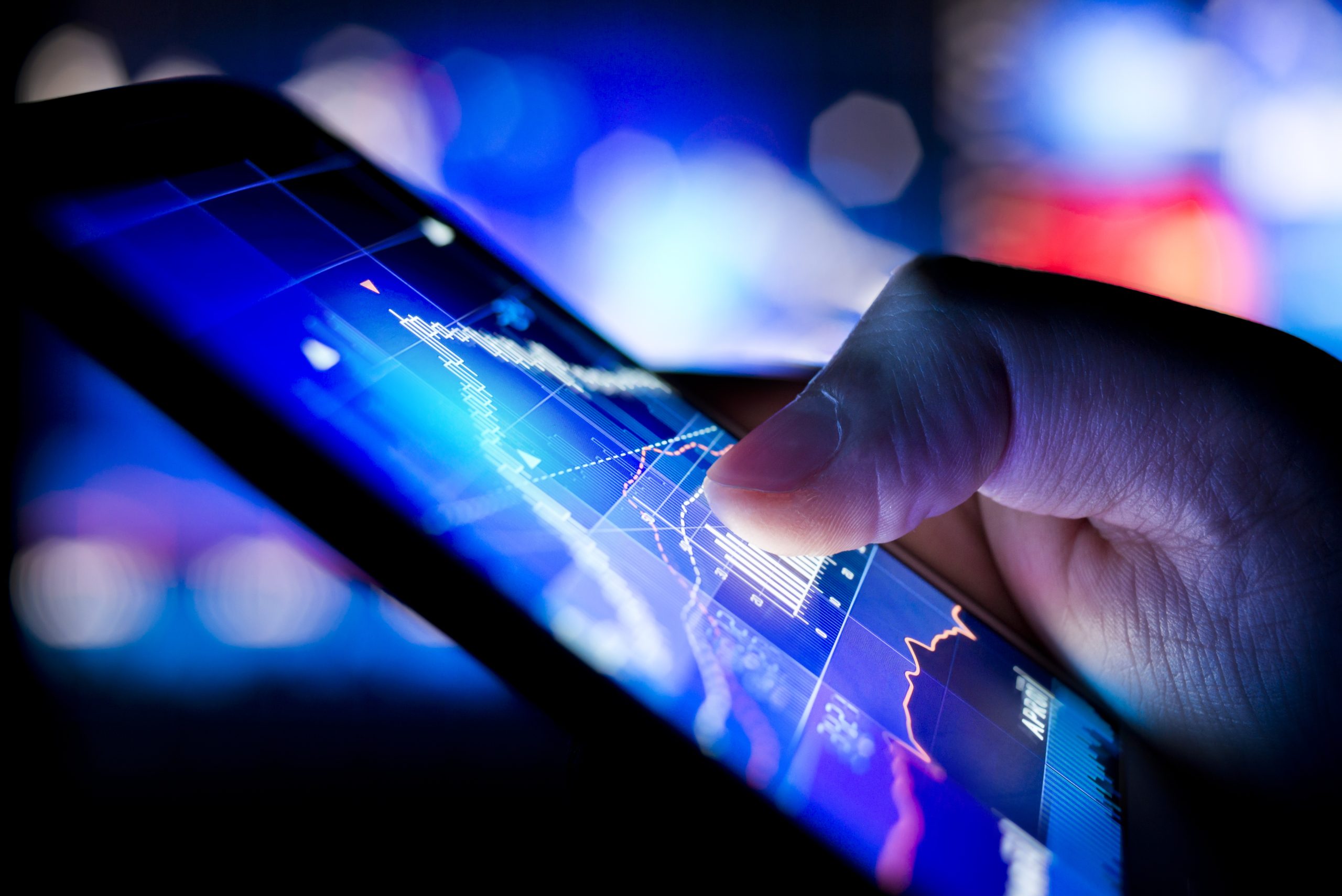Revolutionizing Market Research: Unveiling the Impact of Emerging Technologies
Market research has been the cornerstone of business decision-making, guiding companies in optimizing products, services, and customer experiences. The reliance on accurate and thorough market data is only intensifying, especially as businesses operate in an increasingly competitive field. Understanding current trends, consumer behavior, and potent market opportunities is key, and the traditional methods once used are now being eclipsed by the need for more sophisticated and agile approaches. As such, the importance of innovation in this field cannot be overstated; it’s a driving force behind the sustainable growth and prowess of companies across various industries. In light of the need for staying at the forefront of the market research industry, this article will explore how futuristic approaches are catalyzing a shift in the field.
Stepping beyond the conventional boundaries, we’ll investigate the strategic adoption of technologies such as artificial intelligence, virtual reality, blockchain, the Internet of Things, and predictive analytics, emphasizing their transformative impact. With a focus on not just the “what” but the “how”, this article will share how by integrating these advanced methodologies, market researchers can gain unprecedented insight, offering a profound competitive advantage that is reshaping the business world.
Utilizing Artificial Intelligence
In an age where data is key, the inclusion of artificial intelligence into market research in Chicago has become an essential asset for industry participants. This technology permits researchers to sift through and understand the flood of data that arrives, gaining insights that would otherwise be hidden by sheer volume and difficulty. By using AI-driven analysis, implicit patterns and consumer trends can be identified, and researchers are also able to anticipate market movements and modify strategies accordingly with a level of accuracy once thought impossible.
The real-time analysis capabilities of AI result in significant agility for companies, allowing them to respond and adapt to consumer demands and market changes rapidly. What’s more, as AI continues to advance, its predictive capability grows, providing market researchers with a forward-looking tool that is skilled at steering through the challenges of consumer behavior, ultimately leading to more strategic and informed decision-making processes.
Virtual Reality for Immersive Insights
Harnessing the power of virtual reality, market researchers have unlocked the ability to not only observe but fully immerse consumers in lifelike scenarios. This technology replicates real-world settings in a controlled, virtual space, allowing participants to behave and react as they would in their day-to-day lives. With VR, companies can now conduct high-fidelity studies that simulate store layouts, product demonstrations, and even sensory experiences without the constraints of physical logistics.
As consumers explore these scenarios, researchers gather detailed feedback, picking up on nonverbal responses and engagement levels that conventional surveys can’t capture. The authenticity of the reactions in these VR environments leads to richer, more actionable data, painting a vivid picture of consumer preferences and decision-making processes that help businesses tailor their offerings more effectively.
Blockchain for Data Security
When seeking to secure and validate data within the field of market research, blockchain technology emerges as a significant innovation. This advanced ledger system operates through a network of computers, each holding a copy of the database, which decentralizes data storage and protection. In addition to decentralization, blockchain’s cryptographic hashing ensures that once information has been entered, it becomes immutable – any attempt at alteration would require an unrealistic amount of computational power, making it effectively tamper-proof.
For market researchers, this means that sensitive data captured from consumer interactions can be stored with increased assurance of its integrity and confidentiality. The transparent nature of blockchain’s transaction records also creates a new standard of trust and credibility in the eyes of participants, knowing that the information they provide is handled with the utmost security. By creating a more secure environment, blockchain not only protects against data breaches but also strengthens the foundation of participant trust, which is key in obtaining true and valuable insights.
Internet of Things (IoT) for Real-Time Data Collection
Harnessing the Internet of Things (IoT) technology in market research allows for the capture and analysis of real-time data, effectively revealing detailed consumer patterns and behaviors in real-time. By integrating a network of smart devices and sensors, IoT provides a means to monitor and record consumer interactions in their natural habitats. This real-world, real-time data offers researchers a trove of information, from usage statistics to environmental conditions, all influencing consumer decisions.
The immediacy of the data also means that market shifts do not go unnoticed; swift tweaks to strategies and offerings can be made as needed. Companies equipped with this ongoing stream of data can and do stay agile, adjusting to the pulse of market demands. Through IoT, researchers gain a dynamic and continuously updated environment, augmenting their ability to provide businesses with the actionable and timely insights needed for making educated, responsive decisions.
Predictive Analytics for Forecasting
Looking into predictive analytics, market researchers are discovering its immense potential to foresee market shifts and consumer behavior. Historical data, when combined with machine learning algorithms, forms the backbone of this advanced analytical approach. It provides a statistical basis for predicting future events based on past trends. For businesses, this is an invaluable tool, as it aids in identifying potential growth opportunities and preparing strategic responses to likely future scenarios.
Market dynamics are inherently volatile, yet predictive analytics offers a semblance of foresight, equipping companies to proactively modify their tactics for continued relevance and success. Effective use of predictive analytics can streamline decision-making processes in market research, leading to more accurate and strategically sound business plans.
In conclusion, as the business environment adapts, companies must revolutionize their market research strategies to stay competitive. Through the use of groundbreaking technologies such as AI, VR, IoT, blockchain, and predictive analytics, companies are empowered to distill vast and complex data into actionable insights. This new era of market research, which leverages real-time analysis, heightened data security, immersive experiences, and predictive forecasting, paves the way for forward-thinking business decisions and sustainable growth.

